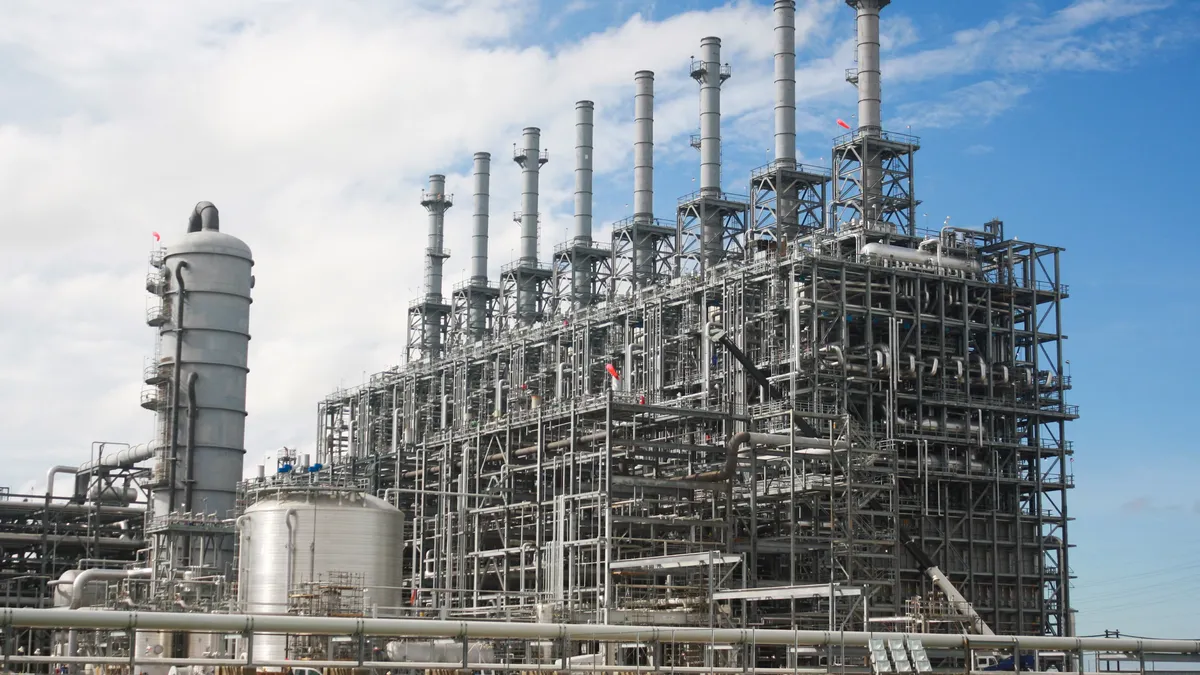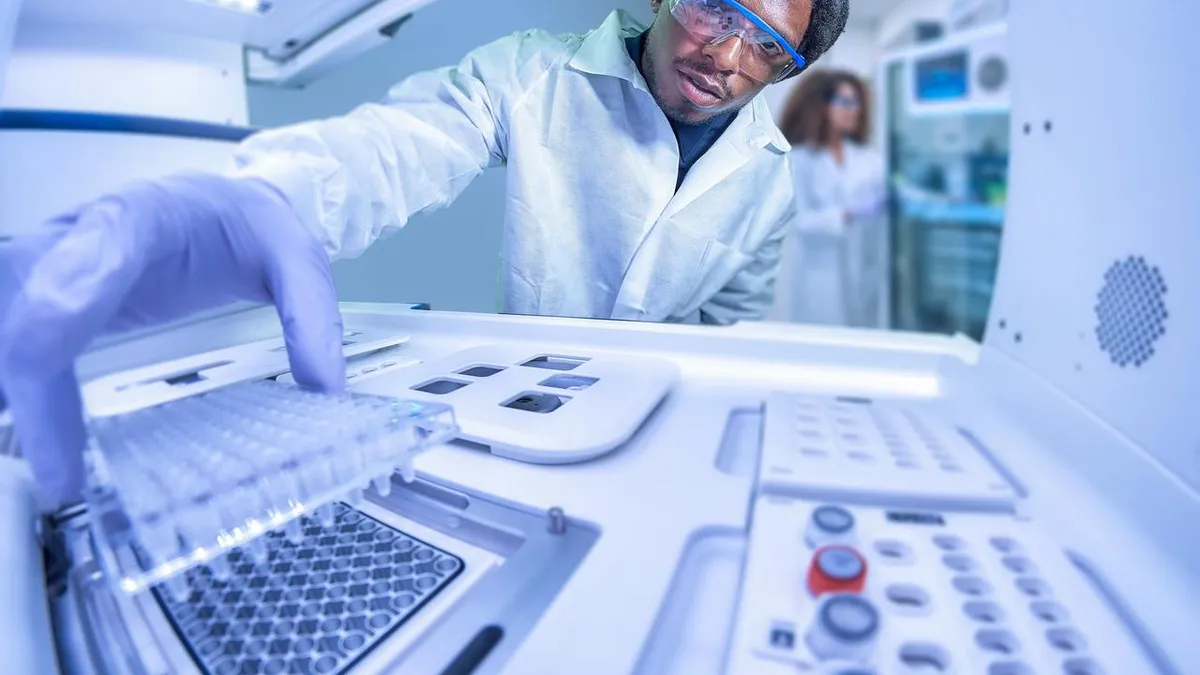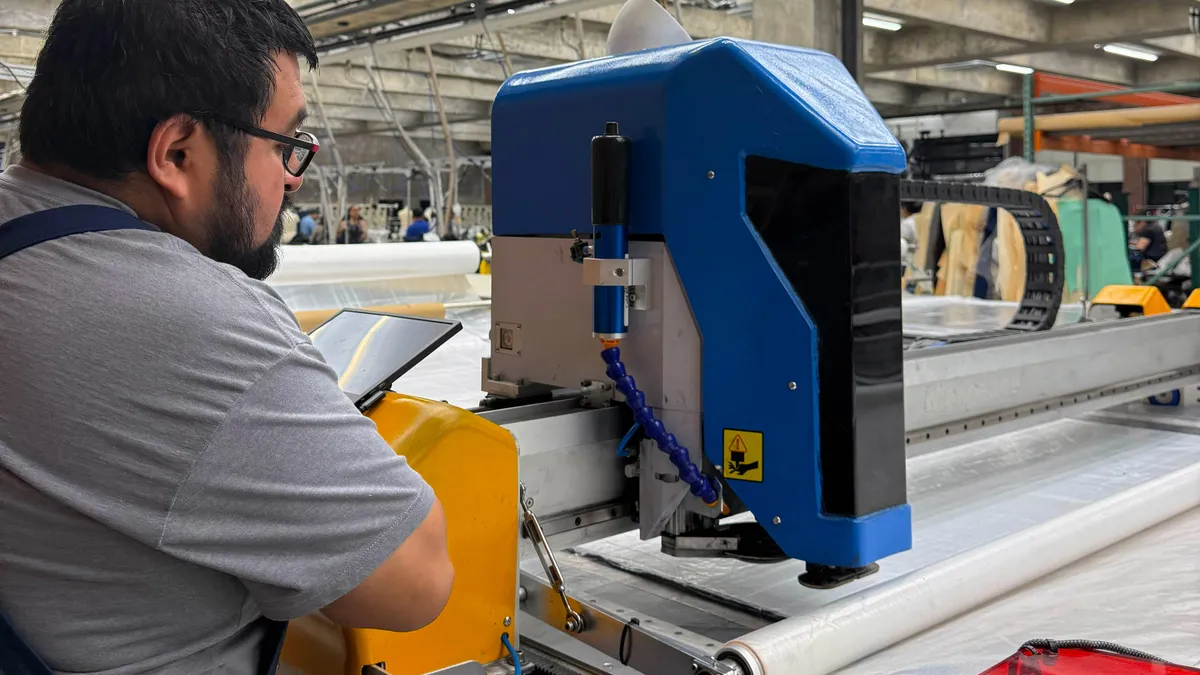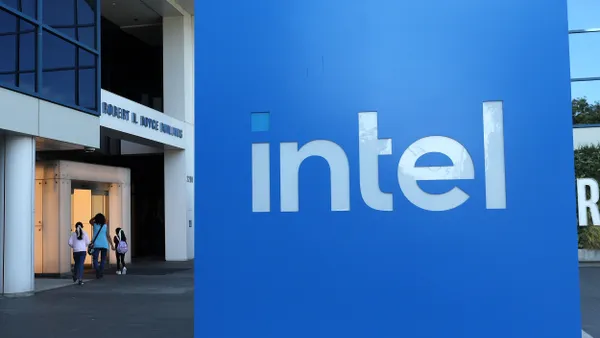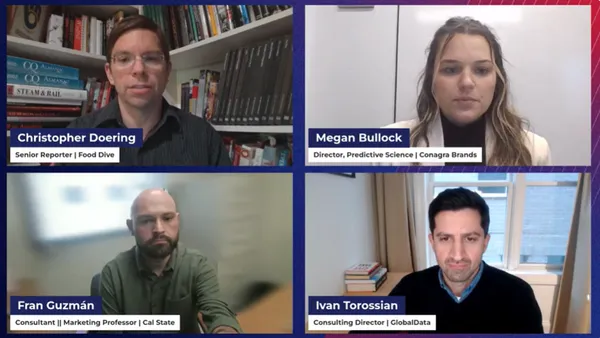Dive Brief:
- The Department of Energy awarded 25 projects over $3 billion under the Bipartisan Infrastructure Law to boost domestic production of advanced batteries and battery materials, the agency announced Friday.
- The projects, which include companies like Honeywell and Albemarle, will retrofit, expand and build new facilities for critical mineral processing, battery components and battery manufacturing and recycling.
- Once fully contracted, the projects will support over 8,000 construction jobs and more than 4,000 operating jobs. More than half of the projects also committed to or signed a project labor agreement and 10 have a deal with labor unions or pledged neutrality.
Dive Insight:
The money will help battery manufacturers meet the growing demand for U.S.-made electric vehicles, Energy Secretary Jennifer Granholm said on a call Thursday.
Companies have announced an estimated $128 billion on clean energy projects since the passage of the Inflation Reduction Act in August 2022, including roughly $23.3 billion on battery and battery storage-related projects.
These investments, in addition to federal funding, aim to help end the U.S.’s reliance on foreign imports for components such as critical minerals like lithium, much of which currently comes from China. The country had the third highest lithium mine production and reserve levels in 2023, according to the United States Geological Survey.
“We know that China is working to flood the lithium market, but now outside of China’s own demand, because of all of these investments, America is really on pace to supply a quarter of global lithium, which is a huge increase in sheer volume,” Granholm said.
The grants bring the U.S. closer to reaching the Biden administration’s goal of building a domestic end-to-end supply chain for batteries and critical minerals, National Economic Council Advisor Lael Brainard said on the call.
The funds are in addition to protective trade actions the U.S. is taking against China. Last week, the Office of the U.S. Trade Representative finalized its plan to raise tariffs on a variety of China-made goods such as EVs, batteries and critical minerals. The first tariff hikes go into effect on Sept. 27.
“We’re going to protect these investments in America’s battery supply chain by taking tough, targeted measures to enforce against unfair actions by China,” Brainard said.
25 DOE-funded projects for battery facilities
The awards are the second round of funding initially announced in November 2023, and part of nearly $35 billion invested by the Biden administration in domestic critical mineral and battery supply chains, Granholm said in her remarks Thursday.
Nearly 90% of the awardees in the recent announcement are located in or close to disadvantaged communities as part of the Justice40 Initiative. The initiative aims to use 40% of federal investments for marginalized low- and moderate-income communities underfunded and overburdened by pollution.



